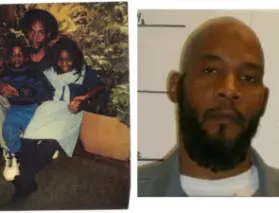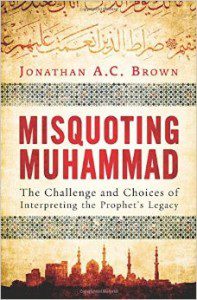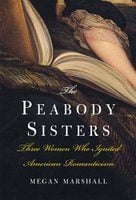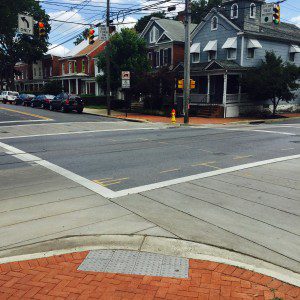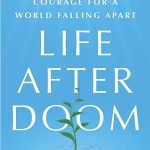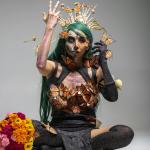A headline in today’s New York Times reads, “France Enforces Ban on Full-Face Veils in Public.” To clarify definitions — because the various forms of Islamic garb are often conflated and confused in public debate — a niqab is, as the headline indicates, a “full-face veil” and the name comes from the Arabic word for “mask.” The niqab is a middle-ground between the less-concealing hijab (which only covers the head and derives from the Arabic word for “curtain” or “cover”) and the much-more concealing burqa (which covers the entire body — and which comedian Bill Maher sarcastically refers to as a “bee keeper suit.”)
My personal opinion is that I would discourage women who were my friends or relatives from wearing any of these three coverings because it perpetuates a false perception of woman as a lesser “Second Sex,” to invoke Simone de Beauvoir. Indeed, I remember being incensed last summer when on a sweltering day I passed a Muslim couple: the man was wearing a t-shirt, shorts, sunglasses, and flip-flops — and the woman was wearing a full-length robe covering her entire body and a hijab. That’s sexism. At the same time, France is both wrong, discriminatory, and Islamophobic in the way it has chosen to legislate against the niqab.
To flesh out all the nuanced issues involved, I highly recommend philosopher Martha Nussbaum’s two recent New York Times pieces on this issue. First, her article “Veiled Threats?” and, second, her follow-up response to the many letters she received, “Beyond the Veil: A Response.”
As a sample of her perspective, I will offer two quotes. From the original article, she writes about why the opposition to the niqab unduly singles out Muslim and is, therefore, discriminatory and Islamaphobic:
It gets very cold in Chicago – as, indeed, in many parts of Europe. Along the streets we walk, hats pulled down over ears and brows, scarves wound tightly around noses and mouths. No problem of either transparency or security is thought to exist, nor are we forbidden to enter public buildings so insulated. Moreover, many beloved and trusted professionals cover their faces all year round: surgeons, dentists, (American) football players, skiers and skaters. What inspires fear and mistrust in Europe, clearly, is not covering per se, but Muslim covering.
And in the follow-up article, she writes, toward the conclusion that,
[W]e can’t assume that about anyone’s choice of anything — career, romantic partner, politics, etc. What we can do, I think, is to guarantee a threshold level of overall freedom, by making primary and secondary education compulsory, by opening higher education to all who want it and are qualified (through need-blind admissions), and to work on job creation so that all of our citizens have some choice in matters of employment. Moreover, the education that children get should encourage critical thinking, expansion of the imagination, and the other humanistic ideals that I discuss in my recent book, “Not For Profit: Why Democracy Needs the Humanities” (Princeton University Press 2010). If a person gets an education like that (and it is not expensive, I’ve seen it done by women’s groups in India for next to nothing, just a lot of passion), then we can be more confident that a choice is a choice.



